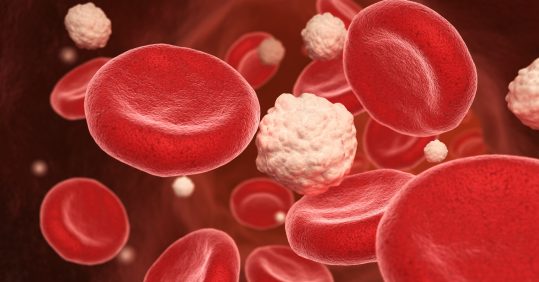Warning of ‘serious concerns’ over cholesterol-lowering injection rollout

The BMA and RCGP have warned of ‘serious concerns’ around the rollout of an injectable anti-cholesterol drug in general practice.
In September, NHS England announced it would commission the rollout of ‘game changer’ drug inclisiran with ‘immediate effect’ for clinicians to prescribe and administer to patients with primary hypercholesterolaemia or mixed dyslipidaemia with a previous cardiovascular event such as a heart attack or stroke.
The drug, which is injected twice-yearly and can be used on its own or in conjunction with statins or other cholesterol-lowering drugs, was recommended for primary care delivery in NICE draft final guidance.
But the BMA GP Committee’s latest bulletin announced that the BMA and RCGP have issued a joint statement outlining their ‘serious concerns’ about its implementation in primary care.
The BMA has raised its concerns with NICE and NHS England, including issues about ‘where the long-term responsibility lies when prescribing this drug and the lack of clarity about where doctors and patients can turn if there are concerns or problems’, it said.
Related Article: Be alert to pancreatitis in patients using GLP-1 weight-loss drugs
There are also concerns around capacity and a ‘lack of clear resources’ to support the additional workload for GP teams that are ‘already stretched to their limits’, it added.
The BMA advised practices that they should only prescribe the drug ‘if they feel comfortable’.
The joint statement, issued today, said: ‘Whilst the RCGP and BMA fully support innovation and promoting population health approaches to care, we have ongoing questions regarding the rollout of this novel medication that have yet to be answered.’
It added that the main concerns ‘centre on the fact this is a black triangle drug being proactively rolled out directly to primary care’.
These include a ‘lack of long-term data on cardiovascular outcomes’ with ‘relevant’ studies not due until 2026 and a lack of ‘long-term safety data’ with ‘potential unknown long term side effects and interactions of the medication’, it said.
The statement said: ‘Whilst waiting for clarification on these areas, we would encourage practices to continue to treat patients with high cholesterol following lipid guidelines focussing on all available options starting with lifestyle changes and statins, escalating patients to high-intensity statins and ezetimibe where appropriate and if considering injectable therapies consider all options, being aware that if you initiate inclisiran in primary care, as the decision-maker, you take full responsibility for the prescribing.’
Clinicians who decide to prescribe inclisiran before long-term data is available should ensure the patient is involved in a shared decision with ‘full and detailed informed consent’ including ‘documenting the lack of long-term evidence and unknown long term safety profile’, it added.
They should also encourage patients to report all side effects to them ‘however minor’ and ensure the clinician completes an MHRA ‘yellow card’, while reporting any potential drug interactions or concerns of their own ‘at the earliest opportunity’, it said.
A trial is ‘currently underway in Greater Manchester to assess the feasibility of delivering inclisiran within a primary care setting, aiming to recruit 900 patients across approximately 20 practices’, it added.
Related Article: Women less likely than men to be treated for heart condition
The results will be available in 2022, it said.
The RCGP and BMA will update members once they have further details from NHS England regarding the proposals and the trials, they added.
Inclisiran is the first of a new kind of cholesterol-reducing treatment that uses gene silencing to improve the liver’s ability to get rid of harmful cholesterol from the blood.
The drug will initially be for people who have established cardiovascular disease, who have ideally been tried on a statin and ezetimibe before but people with genetically elevated cholesterol might also be eligible in the future.
Following an initial dose, inclisiran will be administered again after three months, six months and then twice yearly for life.
More than two in five (40%) people in England have high cholesterol, putting them at significant risk of getting heart disease, and roughly 6.5 million adults in England are currently receiving treatment such as statins.
Related Article: Increased risk of heart disease with adult-onset type 1 diabetes
It follows a large-scale clinical trial that assessed the drug in 2020.
A version of this article was originally published on Nursing in Practice sister publication Pulse.

See how our symptom tool can help you make better sense of patient presentations
Click here to search a symptom




